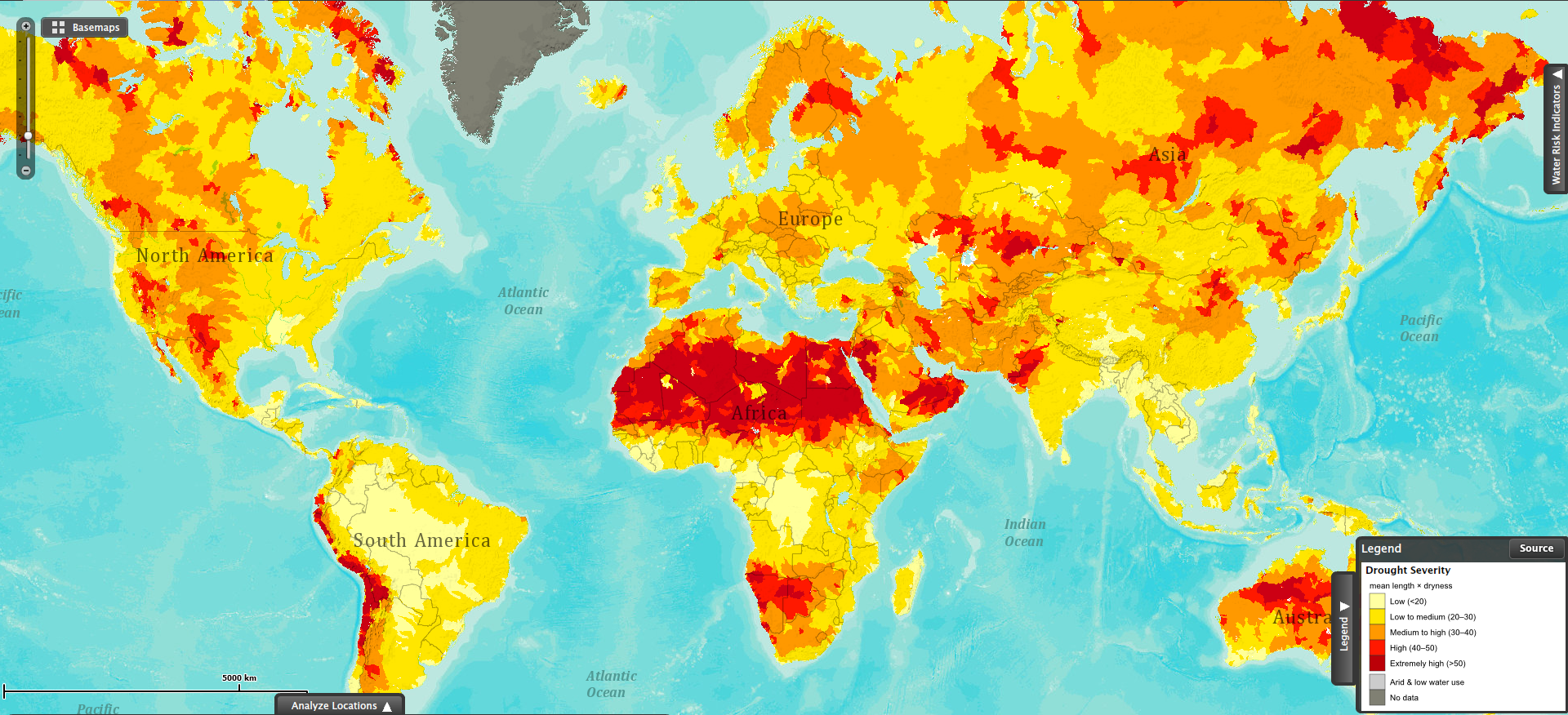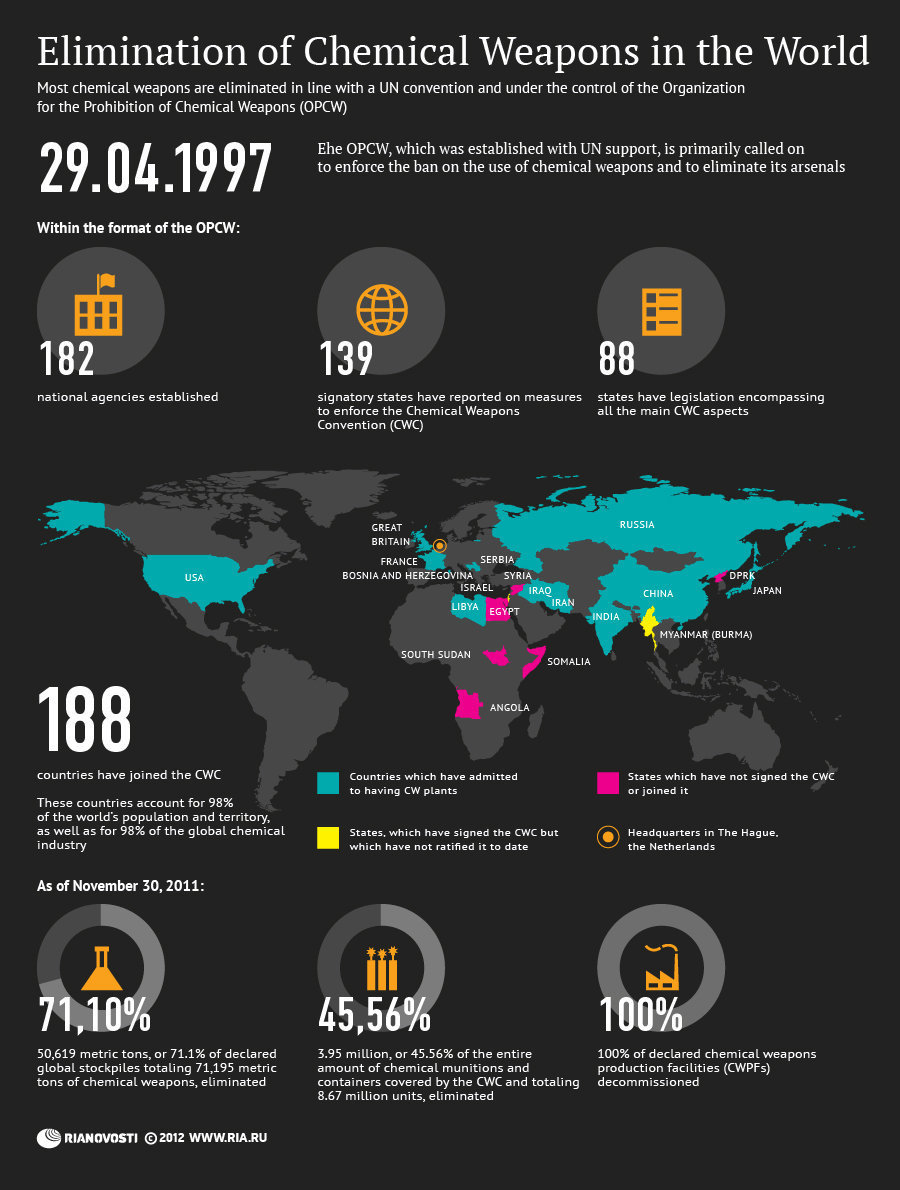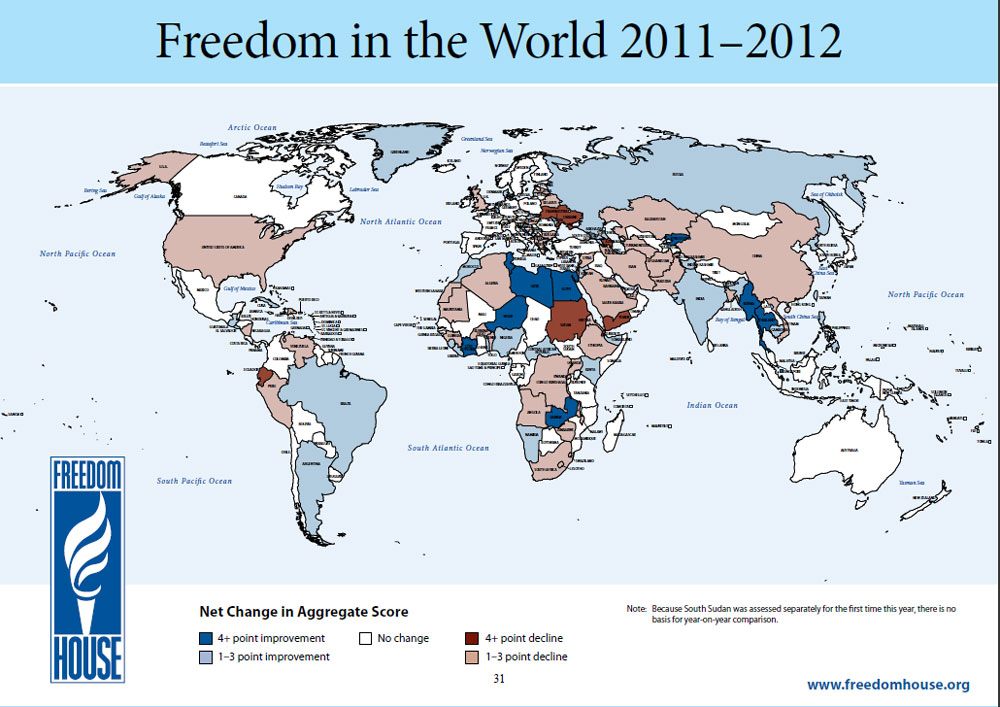 Oil reserves are the amount of oil that can be technically and economically recovered from the ground.
Oil reserves are the amount of oil that can be technically and economically recovered from the ground.
Nations with the world’s largest oil reserves include Saudi Arabia, Venezuela, Iran, Iraq, Kuwait, United Arab Emirates, Russia, and Libya. Saudi Arabia, holds an approximate 234.5 billion barrels of oil reserves, and it has the largest market share for oil production after Russia. Saudi Arabia is followed by Venezuela, with an estimated 211.0 billion barrels of oil reserves, although its current oil production market share is only 3.2%.
By comparison, the United States has an estimated 30.9 billion barrels in oil reserves, and 8.7% market share in oil production.
Source: Spiegel Online: A World without Oil: Companies Prepare for a Fossil-Free Future







